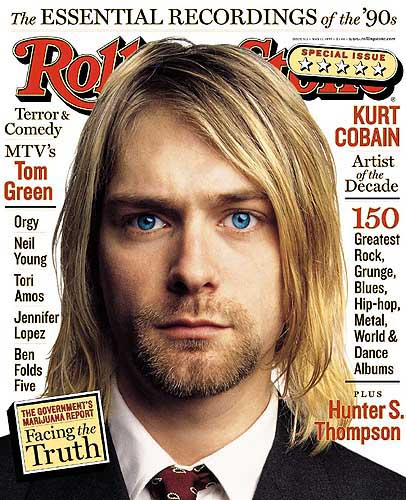What are the best interests of advertisers on Facebook?

Guest post: Chris Matyszczyk, who has spent 15 years as a creative director crafting messages for advertisers, explains what advertisers really want in the age of Facebook.
I wonder if Mark Zuckerberg took this weekend off.
You know, hung out at Starbucks, surfed the Web a little, lounged around in bed all day, his iPod resolutely pinned to his ears.

Yet it’s worth thinking about what these old people, some of them brands that have been around 100 years or more, actually want from Facebook. Do brands really want to follow their consumers around 24 hours a day, nosing into their private lives like a (relatively) benign Blackwater?
Do brands really want to force people to watch, listen to and be surrounded by brand messages so that even if they don’t like them, they cannot avoid them? Like that maiden aunt who always comes over for Sunday lunch, smells a bit funny and then asks you who you’re dating?
Here’s a couple of facts that might surprise you. The average CMO (Chief Marketing Officer) manages to stay in the job for less than two years. The average CMO doesn’t sit anywhere near the management board of his or her company and has to fight daily to get number-crunching loons to understand that not everyone in the world behaves like a number-crunching loon.
The default for many CMOs is to ensure that they have as many numbers as possible to justify where they put their advertising dollars.
Many media agencies, those that plan the purchase of ad space and book it, have made a fortune by providing CMOs with a plethora of numbers that purport to prove that their dollars have been spent more optimally than could have been expected. (Expected by whom? Rupert Murdoch? Buffy the Vampire Slayer?)
“Yes, we got you 15% more eyeballs, page 2 rather than 10 in the NY Times and the first break of Letterman. This means your media outperformed the norm by, oh, let’s call it 20%.”
Let’s call it bat droppings.
Because in this way of thinking, the only thing that seems to be relevant is where your communication appears rather than what it actually is.
What advertisers are really after (at least those with their brains above their eyes) is permission from the Facebook bouncers to get into this club where the cool people actually take their masks off and, as that rather sad Reebok campaign from some years ago had it, Let U Be U.
Advertisers are desperate to be able to communicate and commune with the real you, rather than the one whose behavior (rather than pot-smoking, society-hating, social-climbing actuality) has been dictated by rather more conventional media (you know, Rolling Stone, QVC, the man with the sandwich board outside KFC).
Sometimes, advertisers will ask for things that they think will give them better numbers, without regard for the ethos of the medium itself.
It’s a little like ringing a stranger’s doorbell and asking if you can use their restroom.
Some advertisers believe they can crash your party and you will get to know that they are truly lovely.
But at heart no advertiser enjoys being in a place where they are expressly unwelcome. Because they know that Real People have a lot more control of what they will or will not digest from the advertising menu.
Which is why I’ll keep on telling you that Facebook is a unique and powerful opportunity for Real People to dictate exactly what kind of brand communication they will enjoy (not merely tolerate) and what kind they will fight harder than they would a new album from REO Speedwagon.
By the way, have you seen that new Ford Focus TV spot? The one with the tagline MP3 meets MPG?
Look very carefully at the driver of the car. Doesn’t he look like Mark Zuckerberg to you? See what those advertisers will do to ingratiate themselves?